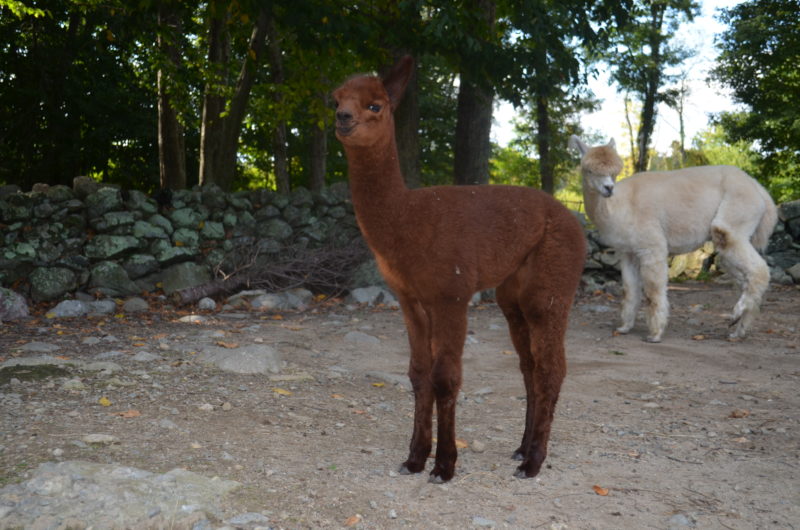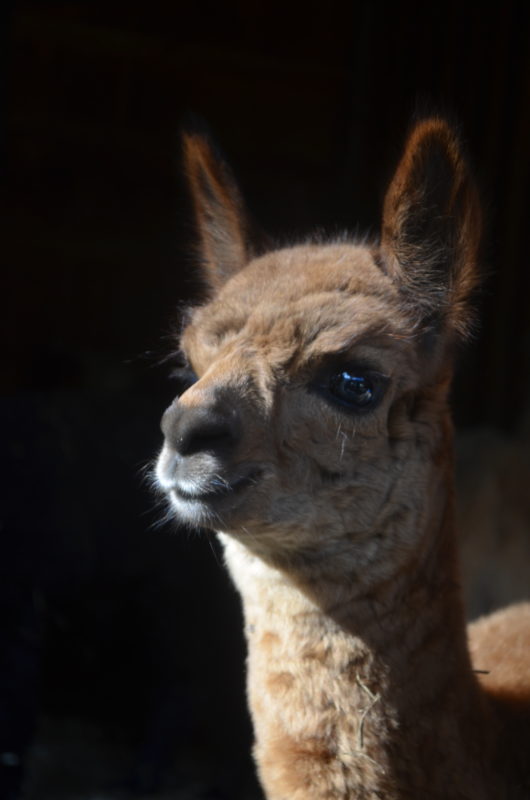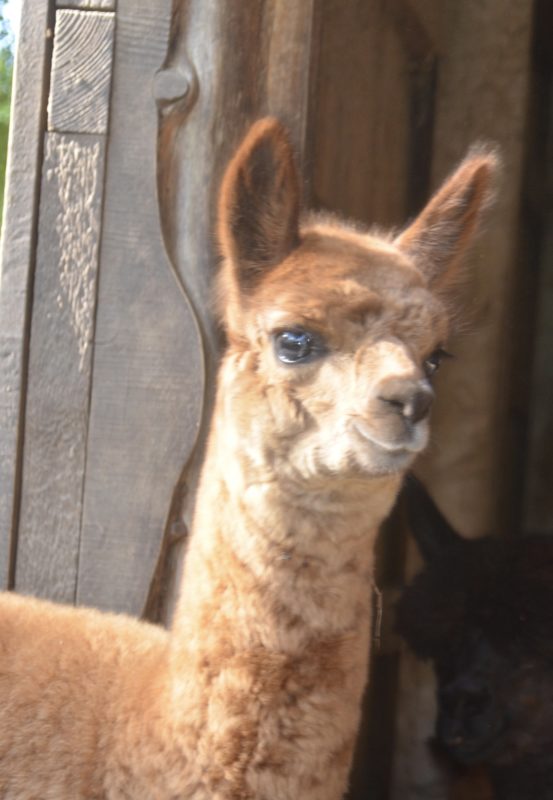It feels like midsummer rather than the beginning of Fall. I know the alpacas have enjoyed the cooler evenings and dewy mornings but they still struggle with humid afternoons.
We have begun our Saturday (and Tuesday) Farmers Market schedule. The popularity of summer markets is something we look forward to each year – as consumers. Alpaca products are not welcome by most in the summer months. No one wants to think about warm winter hats, scarves and mittens when the temperature is in the 90’s. So alpaca owners have a shorter sales season.
As we all know, the pandemic has forced many small businesses to close. Please consider shopping local, small businesses this holiday season. Farmers and artisans work hard for to stay afloat. Let’s support these local workers who have remained open by purchasing, sharing information on social media, and spreading the news to Buy Local & Support Small Business.


